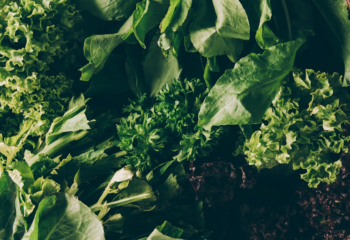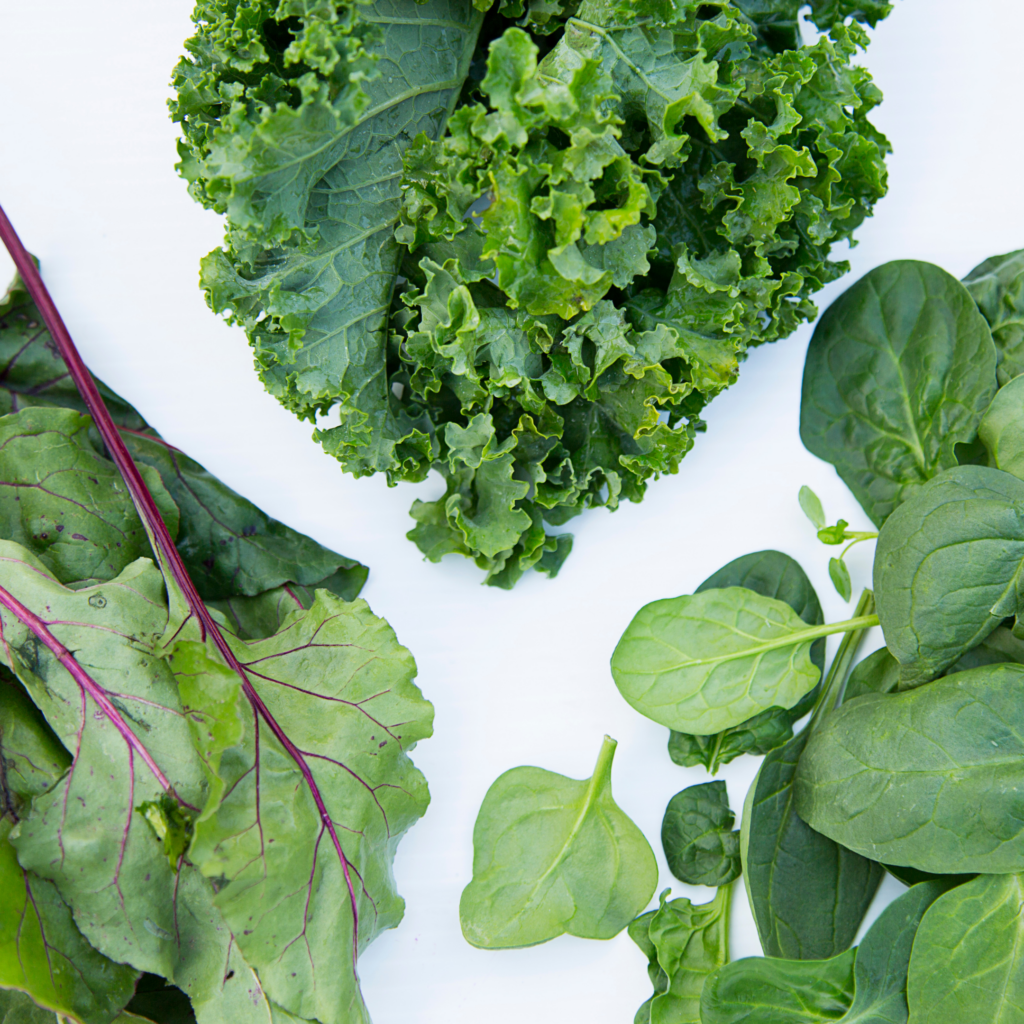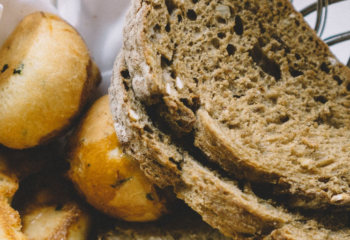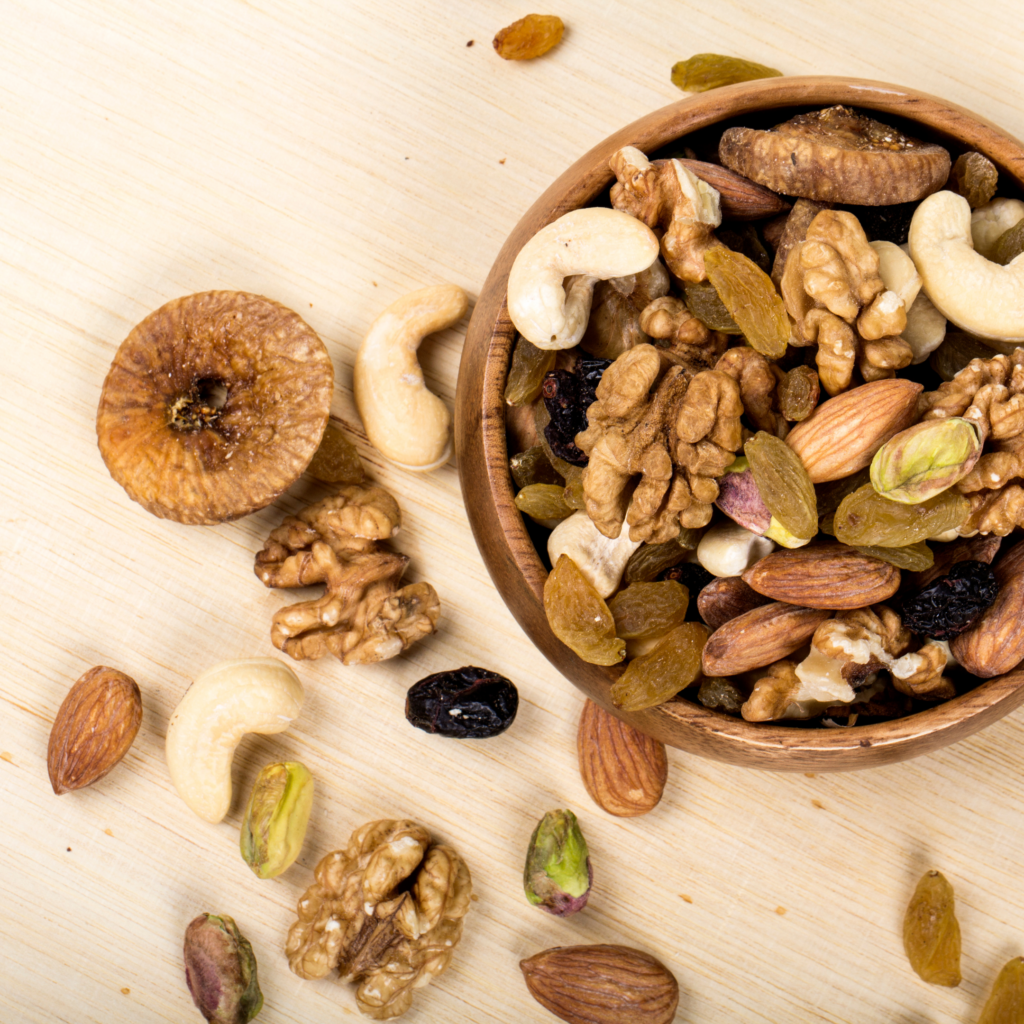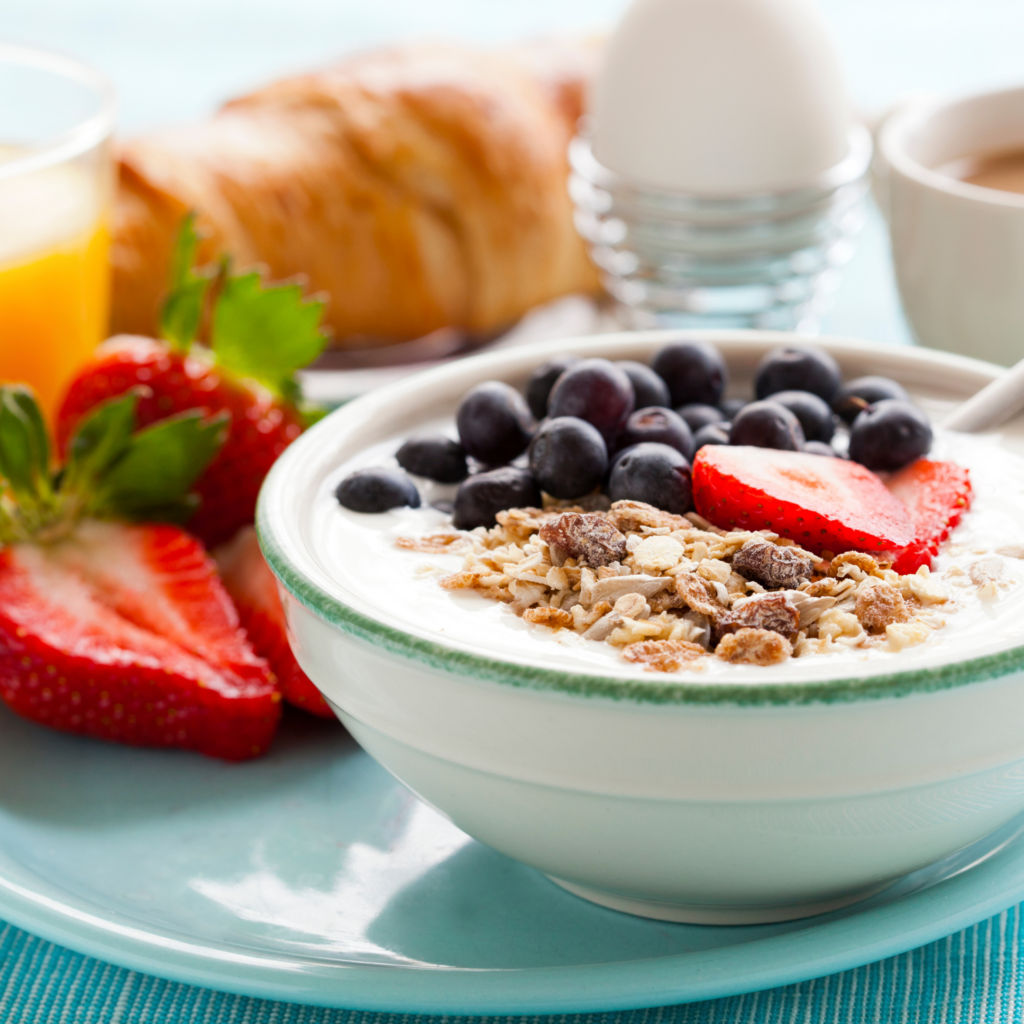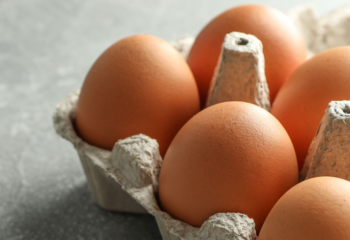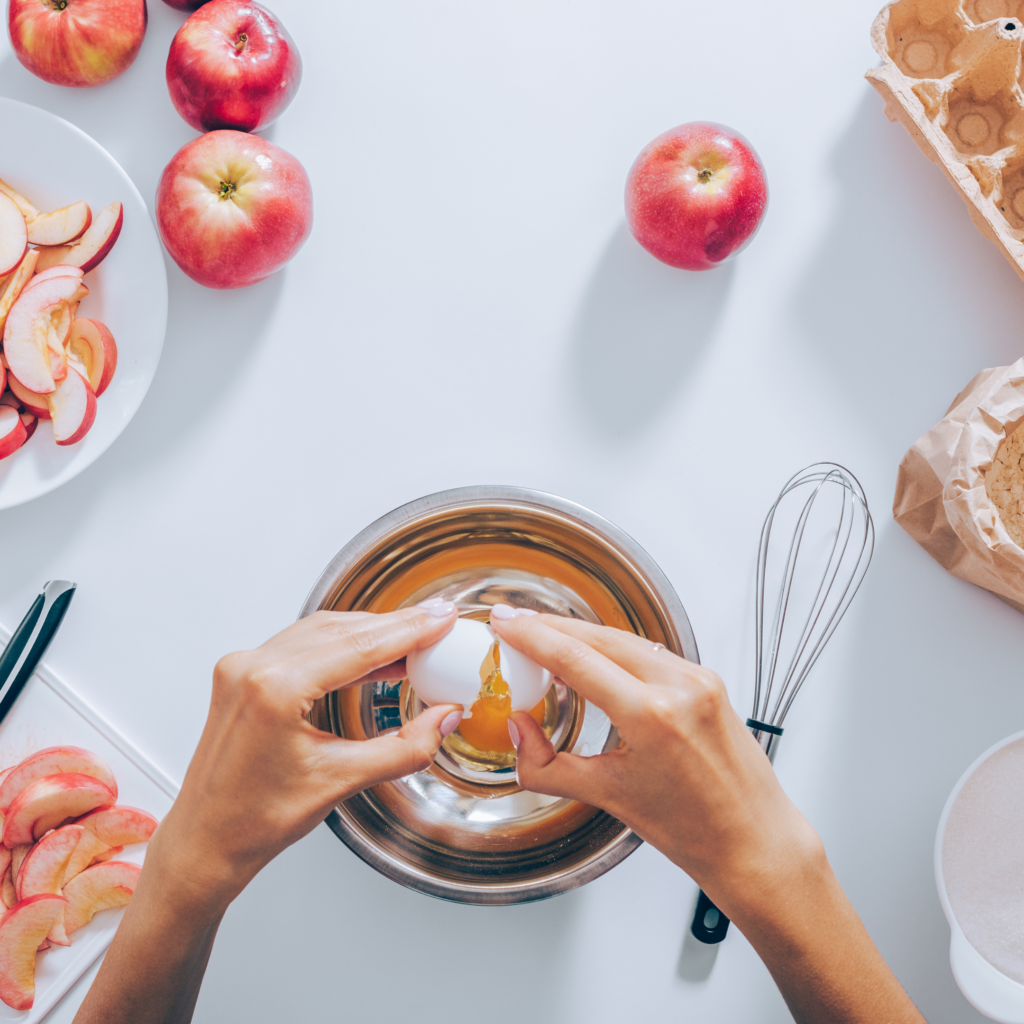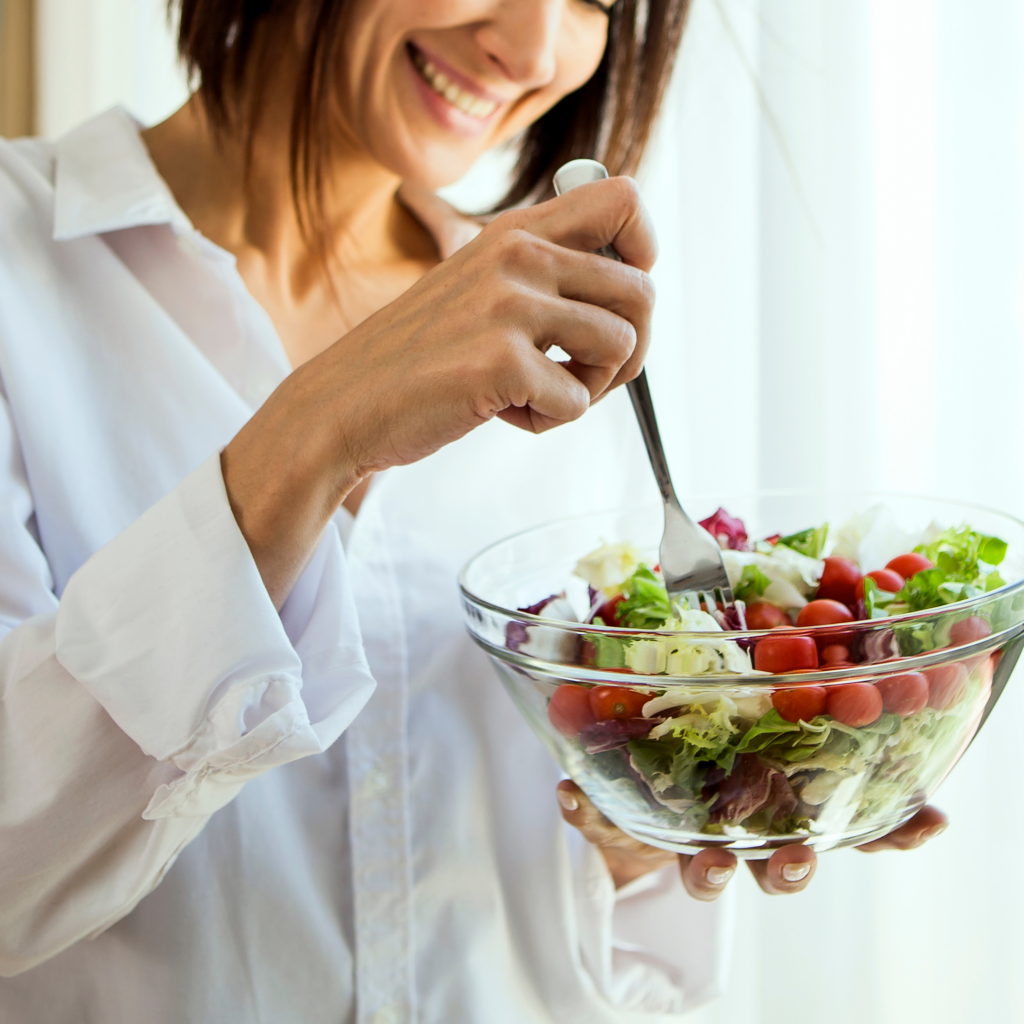Changing your diet by eating healthy food every day can increase your lifespan by up to 10 years! Eating well is a pillar of good health, and you can experience many benefits, like shedding a few pounds. But eating healthy foods won’t only help you lose weight. There are lots of unexpected benefits to a healthy diet, like improved mood and immunity! Read on to find out more.
Improved Mood
It is not a secret that the food we eat can affect our mood. If you notice yourself feeling stressed or anxious, it could be because your blood sugar is low. Eating plenty of fruits, vegetables, and high-protein foods will keep your spirits up. Make sure you drink lots of water, too, as hydration makes you more relaxed.
Better Digestion
A lot of research has shown the benefits of eating healthy for your digestive system. Prebiotic and probiotic foods can help to maintain a healthy gut and balance the microbiome. Going to the bathroom will be more comfortable and regular. You’ll also experience reduced bloating and gas. Foods like yogurt, garlic, and sauerkraut are great for keeping everything moving.
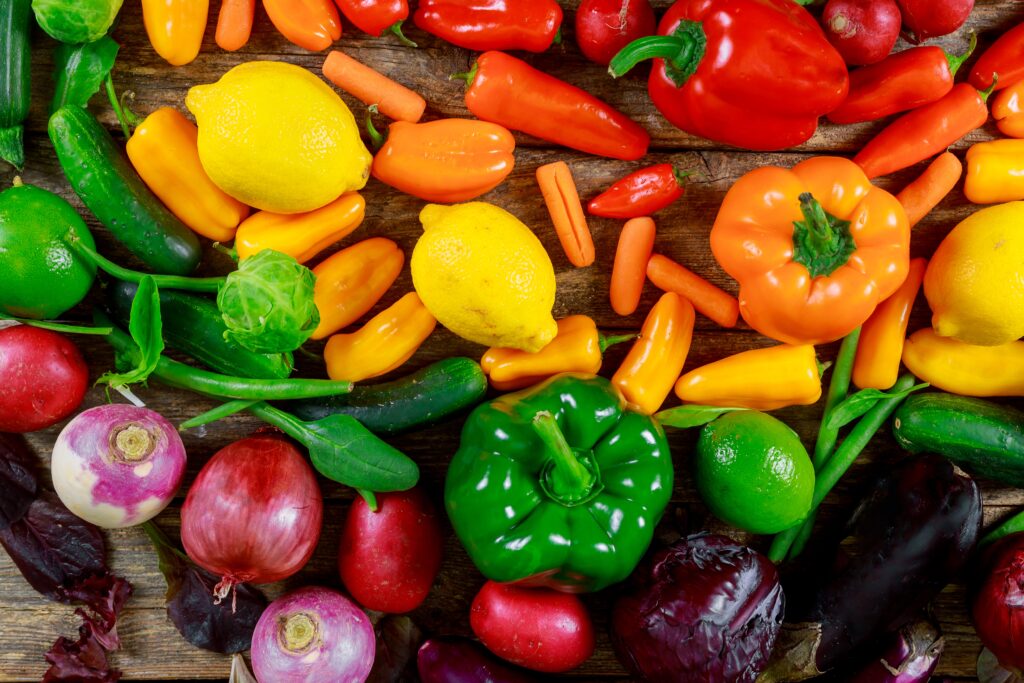
Stronger Immunity
Eating healthy means that you will be consuming lots more vitamins and minerals. This will help your body’s immune systems fight against illness and fatigue. If you do get sick, then eating healthy foods will help you to make a much faster recovery.
There are some particular foods known as “superfoods” which have a high nutrient density. For example, blueberries are high in antioxidants to keep your skin clear and fight breakouts. Leafy greens like kale and spinach are also high in vitamin C, which helps fight infections.
Sleep Like a Baby
A healthy diet increases energy levels and helps you stay stable throughout the day. Avoiding going up and down in blood sugar levels will also allow you to sleep a lot better. Because you are even throughout the day, you will be able to sleep better at night.
You can eat slow-release foods, which will prevent you from waking up hungry. It is also important that you don’t eat too close to bedtime, as this can make it hard to digest. Having quick, nutritious meals available in the evening will be a lifesaver.
Eat Healthy Food Everyday
We hope this article has given you a good idea of why you should eat healthy food every day. There are many benefits you can gain from healthy living, and you can improve your quality of life. With small, manageable changes, you can find your best diet. Here at Fit Five Meals, we take nutrition and healthy eating seriously. We have a huge range of healthy meals which are easy for you to prepare and eat.
We don’t add extra oils or fats and try to use seasonal produce for fun, tasty meals. We also have dairy-free and gluten-free options to suit different dietary requirements.

